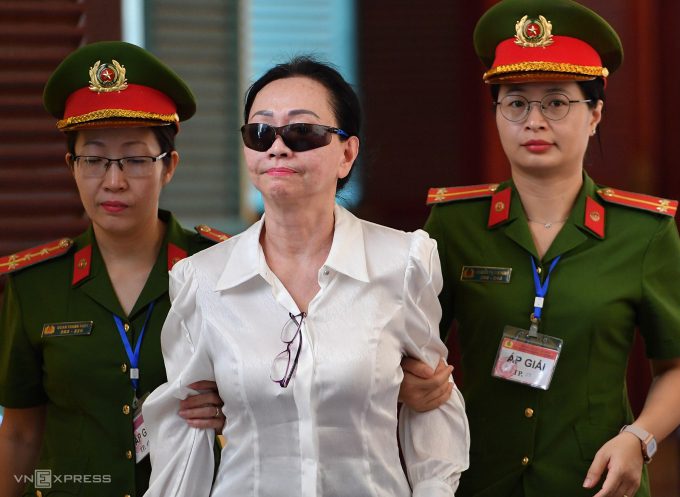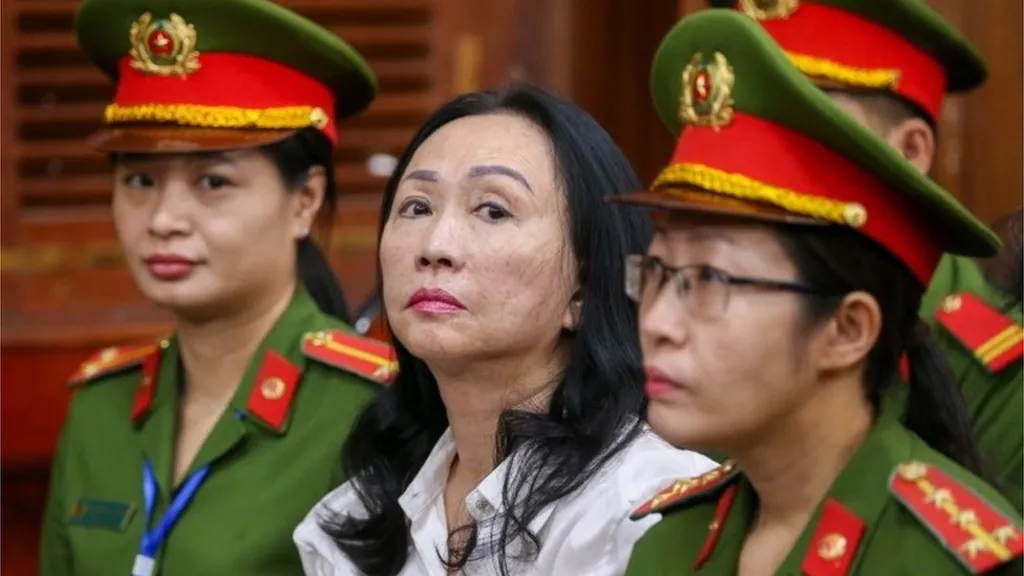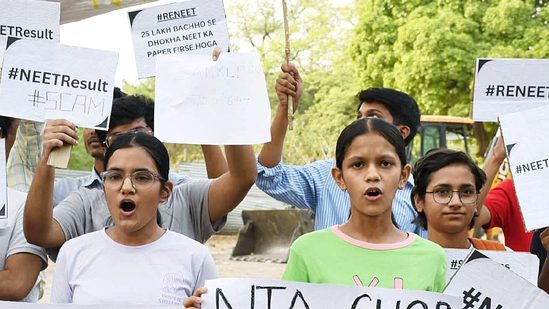
Truong My Lan: The Vietnam Fraud Case
In recent headlines, the name Truong My Lan has become synonymous with a high-profile fraud case in Vietnam. The unfolding legal proceedings and subsequent sentencing of Truong My Lan have captivated public attention and sparked discussions about financial fraud, accountability, and justice in the country. In this comprehensive article, we delve into the details of the Truong My Lan case, examining its background, the allegations against her, the legal process, implications of the verdict, and broader implications for Vietnam’s legal system and society.
Background of the Case
The Truong My Lan case stems from a complex and elaborate fraud scheme that unfolded over an extended period, affecting numerous investors and causing significant financial losses. Truong My Lan, along with several accomplices, allegedly orchestrated the scheme, exploiting vulnerabilities in the financial system and deceiving unsuspecting victims.
Allegations Against Truong My Lan

Truong My Lan faced multiple allegations related to her involvement in the fraudulent activities. These allegations include orchestrating the fraud scheme, misleading investors with false promises of high returns, misappropriating funds, and engaging in other deceptive practices to sustain the operation of the scheme.
Legal Process and Proceedings
The legal process surrounding the Truong My Lan case involved thorough investigation, evidence gathering, and judicial proceedings. Authorities meticulously examined the evidence against Truong My Lan and her accomplices, ensuring a fair trial and adherence to due process.
Verdict and Sentencing
After careful consideration of the evidence presented during the trial, the People’s Court of Ho Chi Minh City delivered its verdict in the Lan case. Truong My Lan was sentenced to the death penalty, reflecting the severity of the charges against her and the gravity of the crimes committed.
Implications of the Truong My Lan Verdict
The sentencing of Truong My Lan to the death penalty carries significant implications for Vietnam’s legal system and society at large. It underscores the government’s commitment to combating financial fraud and holding perpetrators accountable for their actions. The verdict also serves as a deterrent to others who may contemplate engaging in similar illicit activities, sending a clear message that such behavior will not be tolerated.
Challenges and Controversies
Despite the perceived resolution of the Truong case with her sentencing, there are lingering challenges and controversies surrounding the legal process and the use of the death penalty in Vietnam. Some critics have raised concerns about the fairness of the trial and the potential for miscarriages of justice in cases involving capital punishment.
Lessons Learned and Reforms
The Lan case has prompted reflections on the shortcomings of Vietnam’s regulatory framework and the need for reforms to prevent future occurrences of financial fraud. Authorities have acknowledged the need for greater oversight, transparency, and investor protection measures to safeguard against similar schemes in the future.
Conclusion
The Lan case serves as a cautionary tale about the perils of financial fraud and the importance of accountability in upholding the integrity of the financial system. While the verdict may bring a sense of closure to some, it also raises broader questions about the efficacy of Vietnam’s legal system and the use of the death penalty as a deterrent. As Vietnam grapples with these complex issues, there is an opportunity for reflection, reform, and renewed efforts to ensure justice and fairness for all.






